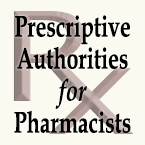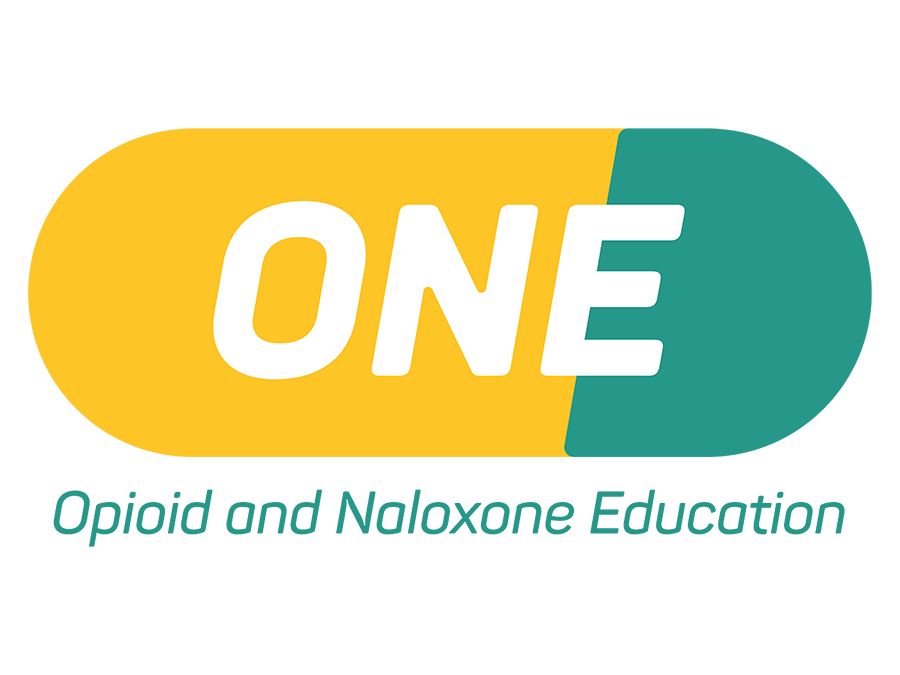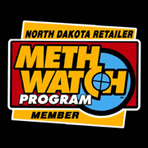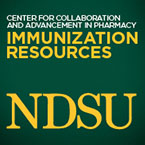Drug Repository: Program Description
In the summer of 2006, the American Cancer Society approached the board of pharmacy with the possibility of creating a drug donation and repository program in North Dakota. The program discussed and envisioned was one where the board of pharmacy would develop criteria for the establishment of the program and register voluntary participants for the intake of donated items as well as for the dispensing of items.
As a result, on April 17, 2007 Governor John Hoeven signed House Bill 1256, which took effect July 1,2007, authorizing a state Prescription Drug Repository Program to collect and distribute unused medications so that pharmacies and physicians can dispense them to those who need them. A drug donated, or dispensed under the program must be in the original, unopened package, except drugs packaged in single-unit doses, or punch cards, may be accepted and dispensed if the outside packaging has been opened and the single-unit dose package is unopened. A few cases where the shipped package has not been opened may also be allowed.
Those who choose to volunteer to participate in the dispensing of the donated drugs, are defined as either a practitioner or pharmacy that has elected to participate in the program and accept legend drugs, devices, and supplies from donors for the program. Those who receive the donations will be able to post the availability of the mediations on a website, where both patients and practitioners can access the information. Pharmacies and practitioners must register with the Board of Pharmacy, as participants.
Before being dispensed to an eligible individual, the legend drugs, devices, and supplies donated under the program must be inspected by a pharmacist to determine that they are not adulterated or misbranded. The participating pharmacist or practitioner must keep a record of the source of the donation for 2 years.
Because this is a volunteer program, the dispenser of donated legend drugs, devices, or supplies may not submit a claim or otherwise seek reimbursement from any public or private third-party payer for the cost of donated legend drugs, devices, or supplies dispensed to any eligible individual under the program. You may charge a fee up to $11.50 to cover your costs.








